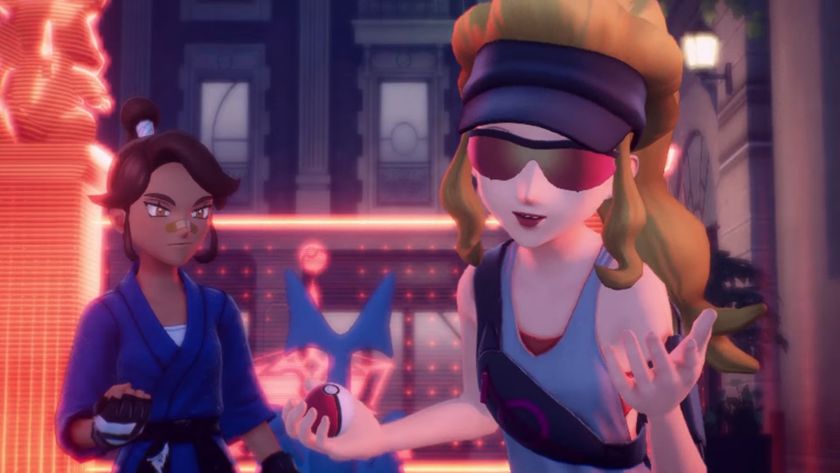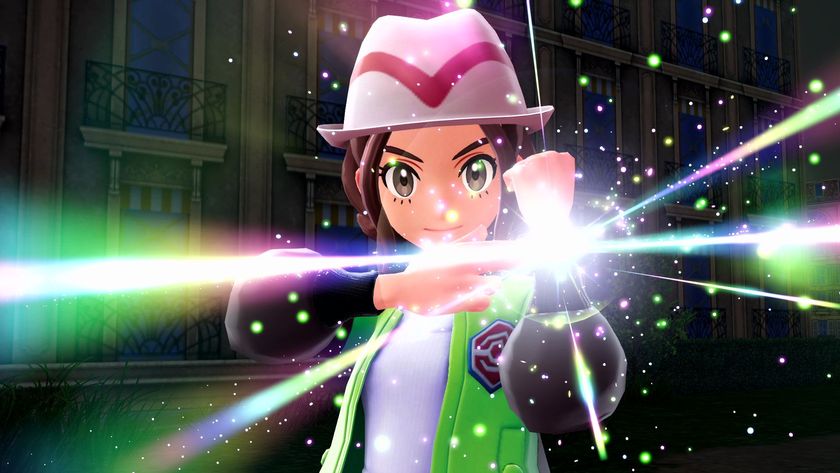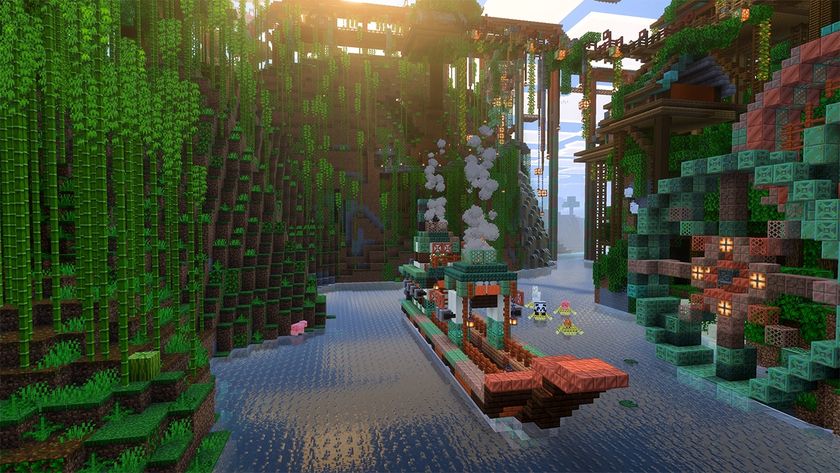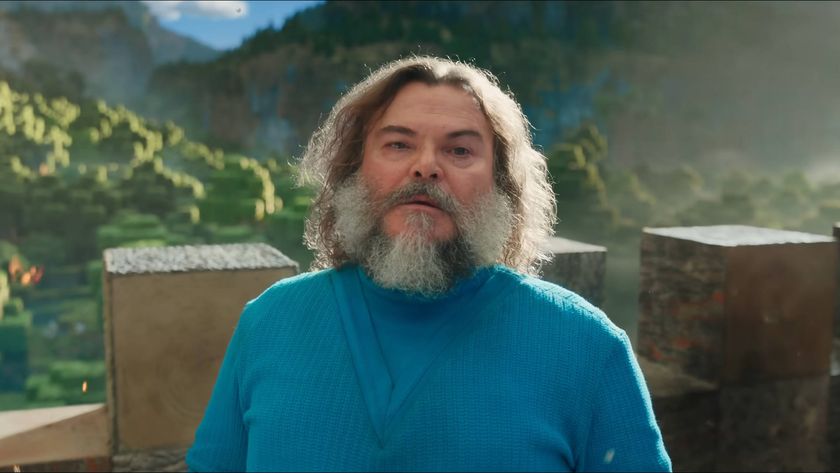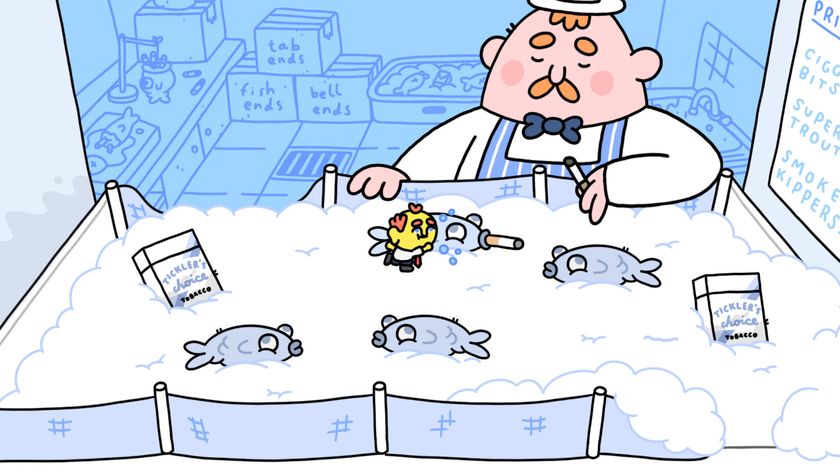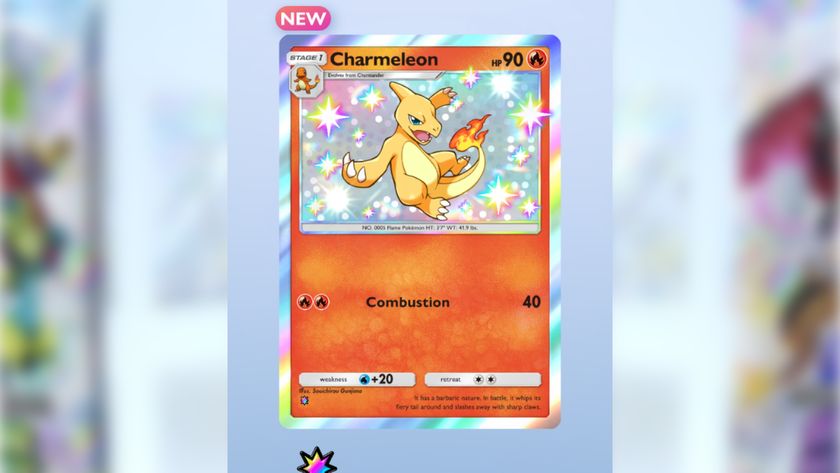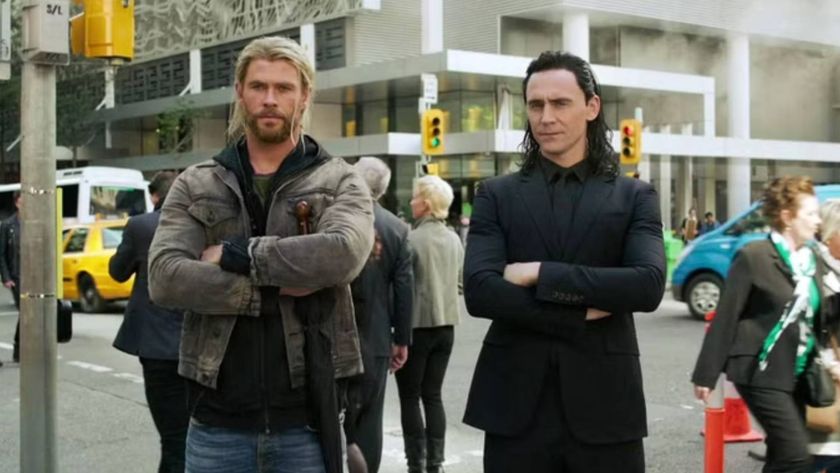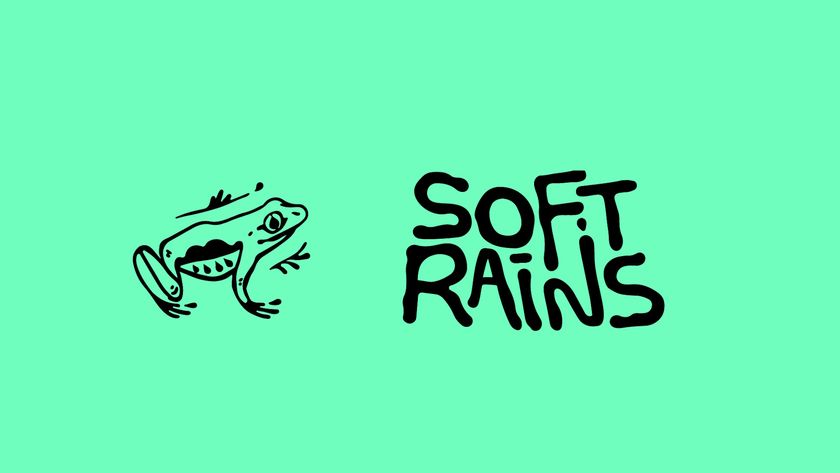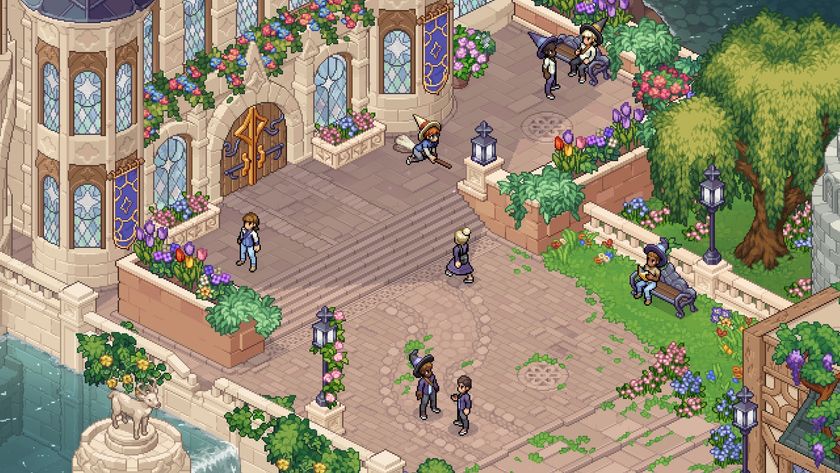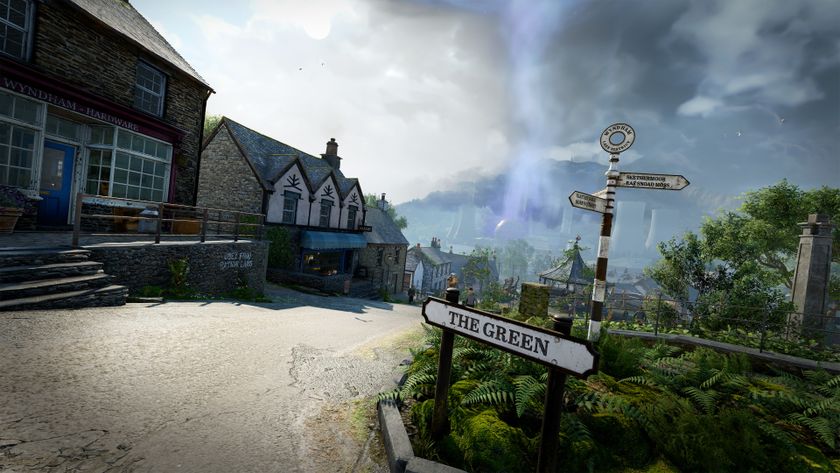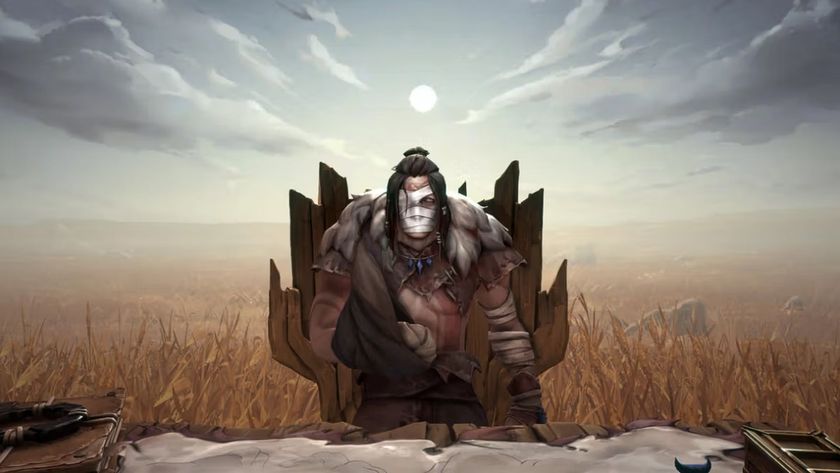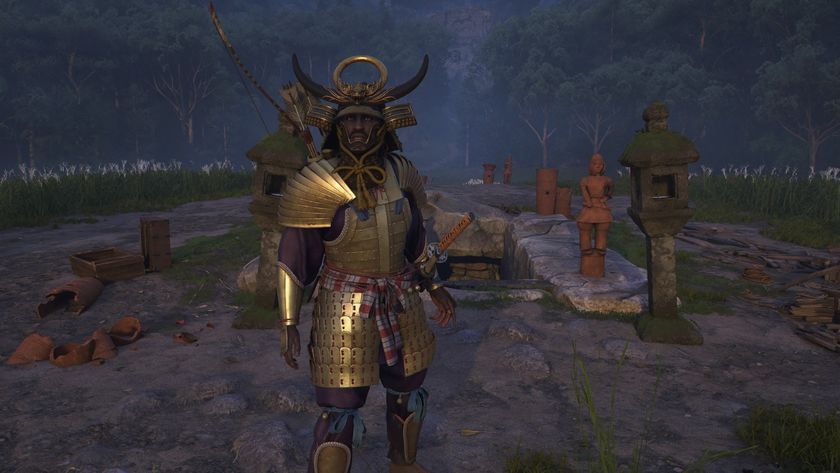An Interview with Warren Spector
"We are in a golden age, but make no mistake, it’s scary as hell."
You mentioned before that we’re in an age where we’re no longer at the mercy of publishers, or concepts are no longer at the mercy of those people holding the money, because those ideas can get funded and realised elsewhere. What do you hope that will mean to the creativity of this medium?
Well, that was one of the reasons I was so frustrated at E3, because I think it’s already made a difference in the medium. It’s already changed it forever, and everybody’s noticing. We are in a golden age, but make no mistake, it’s scary as hell. This is a scary time to be a game developer, a game publisher - it’s even a scary time to be a gamer, because nobody has a clue what the future looks like. Anybody who says “I know the future” is a liar or a fool. Is it social games on Facebook? Is it two guys in a garage making Minecraft? Is it me with 780 people working on a triple-A game from the biggest media company in the world? Is it the guys from Valve making something to distribute on Steam? Who the heck knows! Is it Jonathan Blow, indie game developer extraordinaire? Is it Chris Hecker doing his spy game that he’s been bending my ear about for the last 15 years?
Surely it can be all those things co-existing.
Exactly. That is exactly the point. At a time when nobody knows what the future looks like, and anybody with an idea can make a game - we have the tools, the technology, the expertise - anybody can make any game they want. And anybody can take that game and reach an audience with it. There are so many different business models now: free to play, freemium, subscription, boxed retail. It’s incredible. This is the moment where we have everything, and anything’s possible. It’s like money’s irrelevant. Ten years ago, I had no choice but to go out and try to find a publisher who’s going to give me more money than I deserve, to take a big risk. I was spending twelve, thirteen million dollars on games 15 years ago. That’s nothing now. But at the same time, nowadays you can make a game for a buck fifty. It’s crazy. And it’s the coolest, coolest thing.

But if any game can get made, what does that do to the industry? What happens to risk versus reward?
It’s pretty funny, because life has become like my games, or maybe it’s the other way around. Everybody who starts working for me, they come in and they think my games are all about choice. I always tell them, they’re not about choice. They’re about choice and consequence. If you’re just offering choice, it doesn’t make any difference what you choose; you’ve just wasted a lot of time and money, usually someone else’s. Same thing in the real world of game development. Everything has a cost, everything has a reward - those are words my team is tired of hearing me say. There needs to be a different cost and a different reward for each choice. Anybody can make a game? Awesome. Amazing. There are a thousand ways to reach an audience? Amazing. But how do you get your game noticed? How many games appear on the App Store each day? How do you stand out? Reward, cost, cost, reward. Choice, consequence. I’ve been doing this for 30 years, and I don’t have the answers. Electronic Arts, or Activision, or Disney, or Ubisoft - they have all the money in the world, they don’t have the answers. They could spend a fortune and not do any better than a guy in a garage in Scandinavia. One guy. I have no answers.
But I get the sense that, to you, that’s what makes it exciting.
Sign up to the GamesRadar+ Newsletter
Weekly digests, tales from the communities you love, and more
Hell yeah! Are you kidding me? Dude, my whole life is built around the idea of failing gloriously. If I know how to make a game, I have no interest in making it. I’m not going to name names, but I have had so many arguments with different developers who built amazing companies and are far more successful than I’ve ever been, with games that are so much better in a sense than anything I’ve ever worked on, because they are so profoundly talented at executing well against well-understood problems. And I guess I could do that, but I would have to kill myself - I mean, how boring would that be. If I can’t identify the thing that no one on the planet has ever seen before, I’m not going to make it. If I know how to do it, I’m not going to do it. If people want to look at Disney Epic Mickey as a dismal failure, that’s okay with me because at least we tried something. We tried to do something that had a chance to be something great, and if you fall short of greatness, that’s still a pretty good day’s work. If you succeed at something mediocre... yeeurgh! I don’t even have words for it. Why would you live your life that way?
"If people want to look at Disney Epic Mickey as a dismal failure, that’s okay with me because at least we tried something."
Thirty years on, and the industry still seems exciting and fresh to you.
Because every time, I know I’m going to fail. I’ve always said the game business either kills you or keeps you young, and so far it hasn’t killed me.
Or that old saying: reach for the stars, and even if you miss, you’ll hit the moon.
It’s funny, I always tell my team - well, I haven’t said this in a while because I always like to come up with new mottos - but I tell them we’re going to aim for the moon, because if we fall short we have a shot at hitting Hawaii. If we aim for Hawaii and fall short, we’re drowning in the Pacific Ocean. So aim for the moon.
